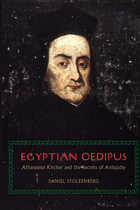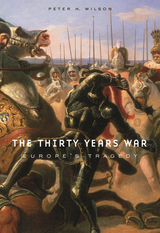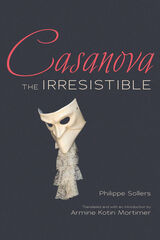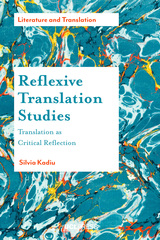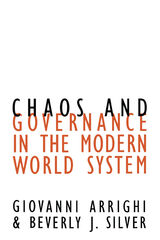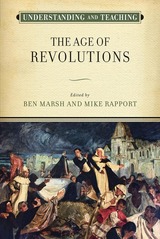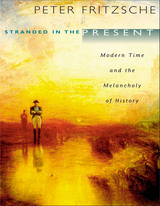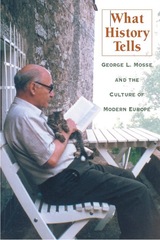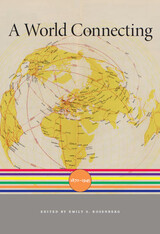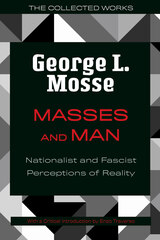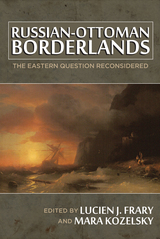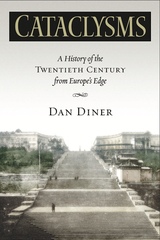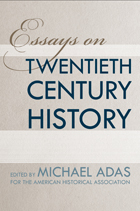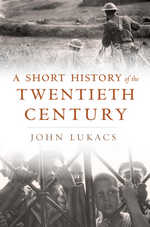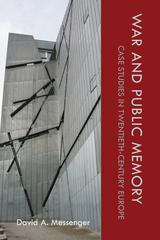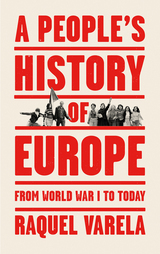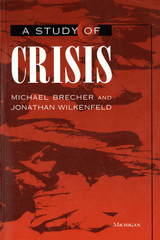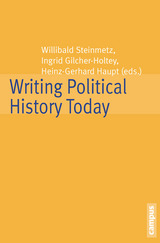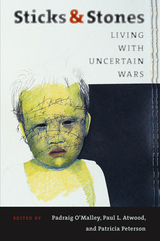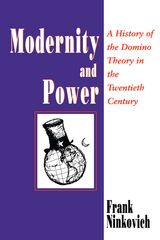Cataclysms: A History of the Twentieth Century from Europe’s Edge
University of Wisconsin Press, 2007
eISBN: 978-0-299-22353-3 | Cloth: 978-0-299-22350-2
Library of Congress Classification D421.D5613 2008
Dewey Decimal Classification 909.82
eISBN: 978-0-299-22353-3 | Cloth: 978-0-299-22350-2
Library of Congress Classification D421.D5613 2008
Dewey Decimal Classification 909.82
ABOUT THIS BOOK | AUTHOR BIOGRAPHY | REVIEWS | TOC | REQUEST ACCESSIBLE FILE
ABOUT THIS BOOK
Cataclysms is a profoundly original look at the last century. Approaching twentieth-century history from the periphery rather than the centers of decision-making, the virtual narrator sits perched on the legendary stairs of Odessa and watches as events between the Baltic and the Aegean pass in review, unfolding in space and time between 1917 and 1989, while evoking the nineteenth century as an interpretative backdrop.
Influenced by continental historical, legal, and social thought, Dan Diner views the totality of world history evolving from an Eastern and Southeastern European angle. A work of great synthesis, Cataclysms chronicles twentieth century history as a “universal civil war” between a succession of conflicting dualisms such as freedom and equality, race and class, capitalism and communism, liberalism and fascism, East and West.
Diner’s interpretation rotates around cataclysmic events in the transformation from multinational empires into nation states, accompanied by social revolution and “ethnic cleansing,” situating the Holocaust at the core of the century’s predicament. Unlike other Eurocentric interpretations of the last century, Diner also highlights the emerging pivotal importance of the United States and the impact of decolonization on the process of European integration.
Influenced by continental historical, legal, and social thought, Dan Diner views the totality of world history evolving from an Eastern and Southeastern European angle. A work of great synthesis, Cataclysms chronicles twentieth century history as a “universal civil war” between a succession of conflicting dualisms such as freedom and equality, race and class, capitalism and communism, liberalism and fascism, East and West.
Diner’s interpretation rotates around cataclysmic events in the transformation from multinational empires into nation states, accompanied by social revolution and “ethnic cleansing,” situating the Holocaust at the core of the century’s predicament. Unlike other Eurocentric interpretations of the last century, Diner also highlights the emerging pivotal importance of the United States and the impact of decolonization on the process of European integration.
See other books on: Cataclysms | Golb, Joel | History, Modern | Templer, William | Twentieth Century
See other titles from University of Wisconsin Press

